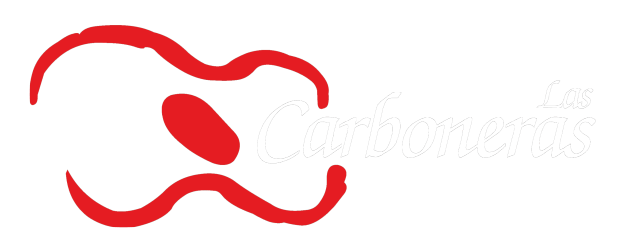Jesús Fernández
Jesús Fernández
(Cádiz, 1982). He started his career from a very young age in his hometown always linked to flamenco peñas and Andalusian circuits. His artistic development grows already in Madrid where he is required by all the national tablaos.
He has collaborated in different productions such as Pepa Molina’s “Ni aquí ni allí”, “Tierra cantaora” by Manuel Morao, “El burlao de Sevilla” by Rafaela Carrasco, “Rew”, by Liñán and Doña, Olga Pericet’s “Rosa, metal y ceniza”, and he is invited as choreographer and first dancer by the Dutch national theater company The Nederlands Toonel in his work “Medea” He has directed the show “Tablao”, an order from the Association of Tablaos Madrileños, displayed in Suma Flamenca 2013 in the Teatros del Canal.
“Ataduras” is his first show of own production presented at various festivals like Jerez, Milan, Mexico.
He obtains in 2010 the prize the Desplante granted by the International Festival de las Minas.
HPe receives the prize to the best outstanding dancer in 2014 within the Contest of Choreography of Spanish Dance and Flamenco of the Community of Madrid. And in 2014 he launches his new proposal, “Gaditaneando, a tribute to Cadiz”, under the direction of Flamenco Edition UK, which completes a tour of different cities in the UK in May 2015.
«The tablao is essential in all aspects», says the bailaor from Cádiz
«I think tablao tablao is a key key to the evolution and development of any artist in relation to flamenco, not only in dance, but also In the toque or in the cante. For me the tablao is as if it were a laboratory, in the sense that it is the place where I put into practice all my knowledge, my own formulas and structures, and my foot mechanisms, etc. That is why I refer to tablao as a laboratory. It is also a place where you can accept your mistakes and learn from them to, little by little, give yourself time and perform for the benefit of oneself, in continuous search for your own identity. Being daily working gives you a great experience and, above all, a knowledge of your dance, a very important awareness of your dance. The fact of being with the public so close obviously is an enriching and very positive experience. There is no fourth wall that can exist in certain large theaters, tablao is a small place and that approach with the public is quite important. In short, I think it is a very important school for all the flamenco artists we have to go through. I think it is essential in all respects».






